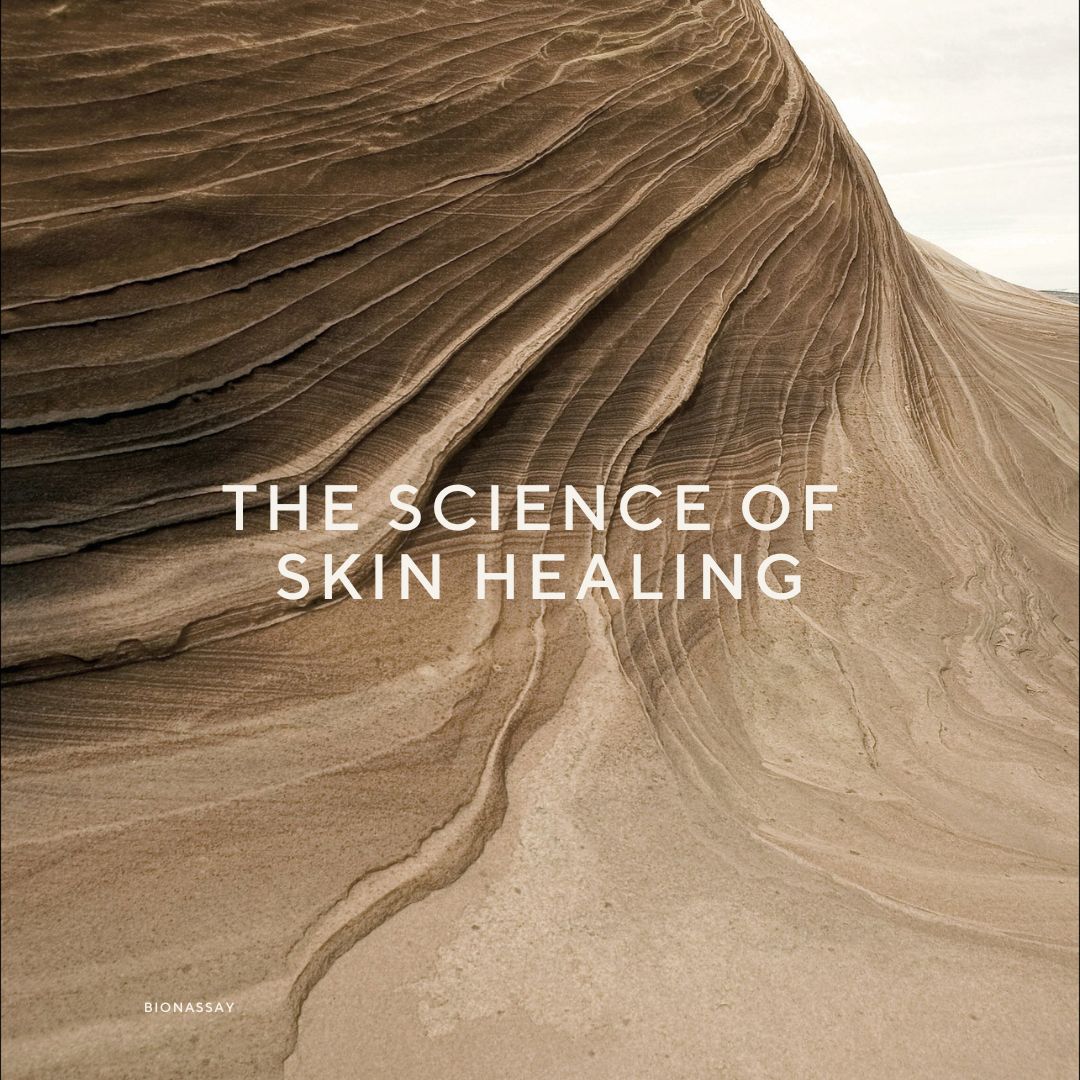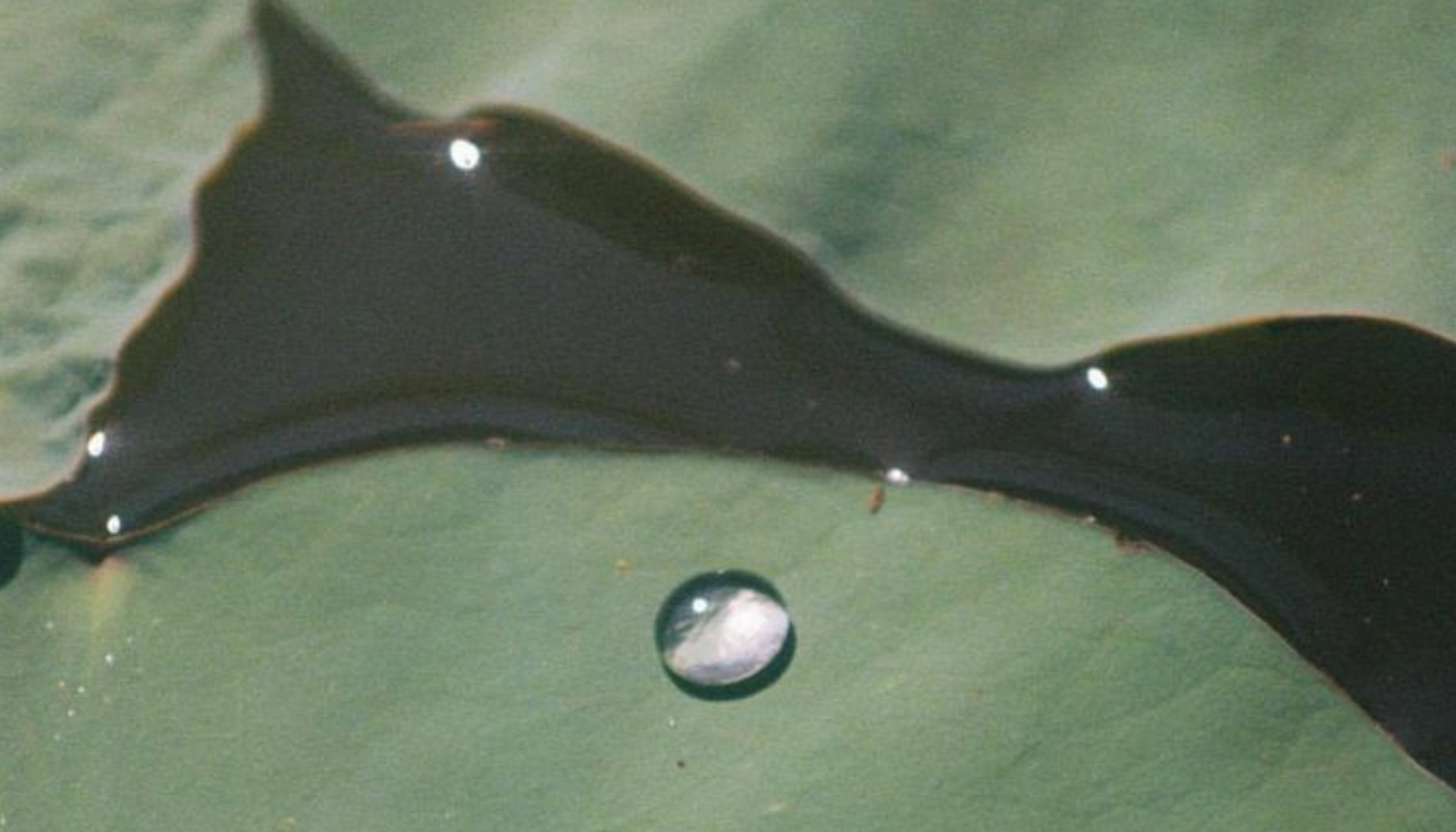
Understanding Skin Stressors
Skin stress can be caused by a multitude of external and internal factors. Environmental stressors like UV radiation, pollution, and climate changes can harm the skin barrier. Physical stress, including skin conditions like eczema, and the bold impact of some beauty treatments, can also damage the skin barrier. It's important to remember that emotional stress also plays a role in the complex network of factors affecting skin health. Let's take a closer look at these.
A Shield Under Siege
When the environment becomes harsh, your skin is often the first to show visible signs. UV rays break down collagen and elastin, essential proteins that maintain your skin's structure and elasticity. Air pollution can accelerate skin aging, trigger acne, and result in a lackluster complexion by congesting pores and heightening the production of free radicals that your skin has to counteract.
Skincare Wounds
There is a saying that goes "beauty is pain," that statement may be subjective but it is important to note trauma of invasive procedures or the misuse of products can lead to actual harm. Chemical peels and laser treatments, if not administered correctly can cause significant scars or burns. Routine over-exfoliation with harsh acids can strip away layers of the skin, leaving it vulnerable and in a state of emergency.
Emotional Impact
Stress doesn't just mess with your mind - it can affect your skin as well. In chronic or acute stress, our body's stress hormones can spike, leading to inflammation and a weakened skin barrier. Notably, the face is a place where emotional tension tends to find a home, with wrinkles and breakouts often correlating to periods of high emotional stress.

The Self-Healing Process of Skin
The skin's physiology is truly amazing in its ability to regenerate. It functions as a complex system where the epidermis, the outermost layer, acts as a shield. When this defense is breached, whether by a small scratch or a more significant wound, a series of intricate biological processes kick in to start the healing process. These processes involve the recruitment of various immune cells, the creation of new tissue, and the production of collagen to heal damaged skin tissue. The skin's remarkable self-repairing ability showcases the wonders of the human body's drive towards resilience.
The Journey Begins
Blood vessels in the damaged skin constrict to stop the bleeding while platelets in the blood bind together to form a clot. This is followed by inflammation, characterized by redness and swelling. Inflammatory cells remove bacteria and damaged tissue.
Proliferation
The next stage involves the growth of new skin. Underneath the clot, new tissue and collagen start to form, bringing fresh skin cells to the surface. This leads to the wound protruding and a new network of blood vessels form.
Remodeling
Over time, the new skin is refined and reshaped. Cells called fibroblasts build a stronger matrix of collagen, making the surface more resilient. The blood vessels around the injury are gradually removed, and the newly formed tissue smooths out the previously injured area.

Strengthening Skin Through Skincare
In times when the skin's stress becomes chronic or severe, it's essential to not only prevent further damage but to also continue building resilience. The best way to deal with skin stress is through a gentle and consistent skincare routine that supports and strengthens your skin's natural healing abilities. Here's the rundown:
Building a Barrier
Central to skin health is maintaining an intact skin barrier. This means choosing products that contain nourishing ingredients, avoiding harsh products on the skin, detouring from excessive exfoliation, and ensuring your skin preserves hydration. The lipid layer of the skin, composed of oils and waxes, plays a critical role in keeping the barrier robust and impermeable. Hydrating ingredients like Glycerin, Tea seed oil, Jojoba, and Milk Thistle found in Perle D’Eau and Neige Éternelle help to replenish this layer, maintaining moisture and preventing damage.
Antioxidants for Protection
Antioxidants are essential in helping to protect the skin from environmental stressors and also target inflammation. They neutralize free radicals and maintain a healthy barrier function, strengthening your first line of defense against external aggressors. They also assist in repairing damaged skin cells, keeping the skin looking youthful. Ingredients like Green Tea in Perle D’Eau, Padina Pavonica in Neige Éternelle as well as Honey and Chamoilla in Éclat de Lait are some of the powerful antioxidants that can be found in our lab-crafted skincare formulations.
Sunscreen Shenanigans
UV damage is one of the most visibly insidious skin stressors. Regular use of a broad-spectrum sunscreen is non-negotiable. Not only does this shield your skin from premature aging, but it also lessens the risk of developing skin cancer.
Prevention is better than treatment. By understanding different types of skin stressors, you can make informed decisions about your skincare practice to reduce and prevent their harmful effects. And always remember, self-care extends beyond skincare - taking care of your mental health and managing stress can also have a positive impact on your skin's health. So take time for yourself, relax, and let your skin breathe.




